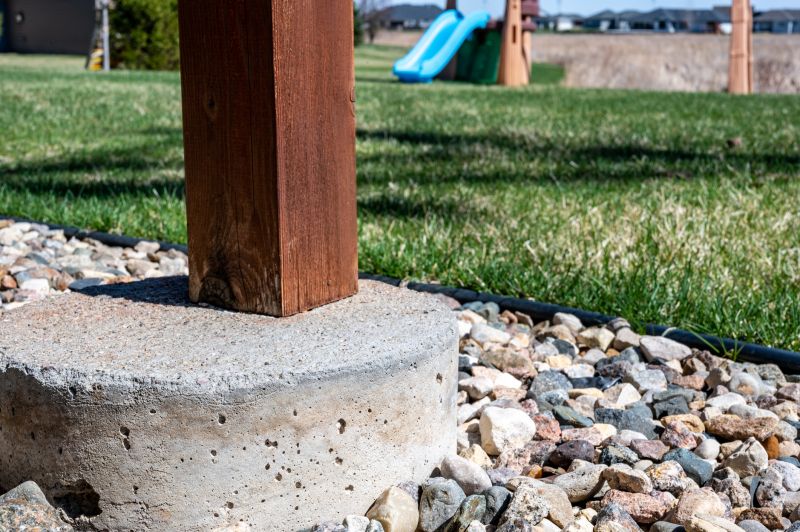
Get Column And Structural Support Footings in Pennsylvania
Column and structural support footings in Pennsylvania are vital for withstanding regional soil conditions, seasonal weather variations, and local building code requirements. From clay-rich soils in the south to freeze-prone areas in the north, properly installed footings ensure buildings are stable, safe, and long-lasting. These footings also serve as the foundation for compliant construction in residential and commercial developments throughout Pennsylvania.
Benefits of Column and Structural Support Footings
🏗️ Optimal Load Distribution
Footings are designed to evenly distribute loads from above-ground structures to the subgrade below. In Pennsylvania, where certain regions have soft or shifting soils, this helps avoid stress on structural components and extends the building's lifespan.
❄️ Frost Protection and Stability
In colder parts of Pennsylvania, frost heave can damage foundations that are not properly designed. Footings placed below the frost line prevent vertical movement and protect the structure during freeze-thaw cycles.
🌧️ Moisture Resistance and Drainage
Wet and humid climates found in many parts of Pennsylvania require footing systems that resist water intrusion. Modern materials and proper grading ensure that footings remain dry, minimizing erosion and degradation over time.
📏 Compliance With Local Codes
Building regulations in Pennsylvania often specify minimum depth, width, and reinforcement for column footings. Professionals install support systems that meet or exceed these standards, making inspection approval much easier.
🔧 Prevention of Future Repairs
Installing the right footings from the start significantly lowers the risk of expensive repairs later. According to industry reports, foundation failures account for over $12 billion in property damage annually across the U.S., much of which stems from improper footings.
🏡 Increased Resale and Structural Value
Well-supported buildings maintain their level floors, straight walls, and overall integrity longer. For homeowners in Pennsylvania, this translates into fewer issues with property inspections and better resale value when selling.
FAQs About Column and Structural Support Footings
How deep should footings be in Pennsylvania?
Depth varies by region but must typically extend below the frost line—often 36 inches or more depending on soil and climate.
Are concrete footings always required?
Yes, concrete is the most commonly used and approved material due to its compressive strength and durability.
Can footings be reused for new structures?
In some cases, yes—if they're structurally sound and meet current code. A professional inspection is necessary before reuse.
Do I need permits for footing installation?
Most municipalities in Pennsylvania require permits, especially for structural or load-bearing applications.
What happens if footings aren't deep enough?
Shallow footings may lead to foundation settling, cracked walls, and long-term structural damage.
Fill out the contact form to request column and structural support footings. Reinforce your foundation and enjoy long-term benefits like reduced repairs, better structural safety, and improved property value.